Sundarbans must be left alone to recover
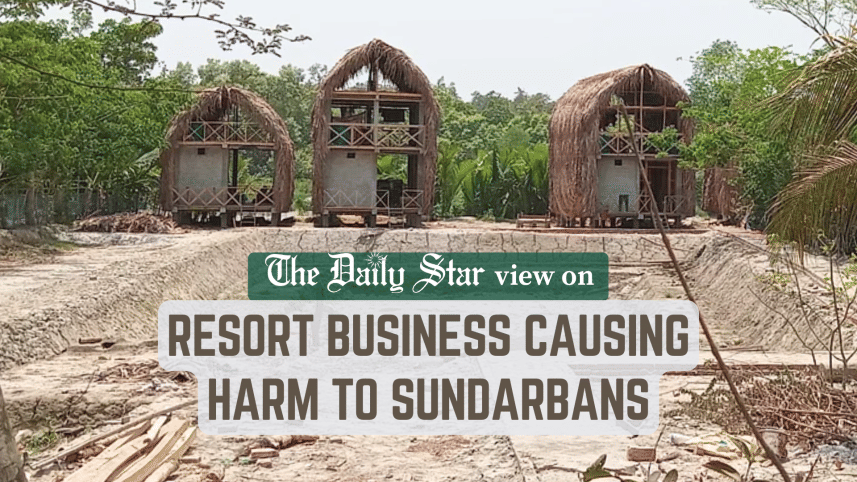
The heavy battering that the Sundarbans took while trying to fend off fierce winds and tidal surges that came along with Cyclone Remal is beginning to be clearer. The forest department estimates infrastructural damage worth over Tk 6 crore within the forest. But that may be the tip of the iceberg as the real damage—caused to its biodiversity—is impossible to quantify. The forest floor lies covered with uprooted trees and foliage, with animal carcasses being discovered every day. Experts say it might need 30-40 years to restore its natural balance. What, then, the Sundarbans requires is to be left alone to recuperate, not further assaults from the very people it protects.
Yet, that may be precisely what's in store for the forest, with an alarming rise of resort business surrounding it in recent years. As per a report by Prothom Alo, resorts are being built close to the Sundarbans, some extending into its rivers, despite environmental laws prohibiting construction or activities detrimental to the forest within 10 kilometres of it. So far, some 14 resorts have been built in Khulna and Satkhira by cutting down trees and filling up canals and low-lying areas, with eight more under construction. These resorts often operate generators and air conditioning systems, causing noise, water, light, and soil pollution, as well as disturbing and even driving away the wildlife.
Since 2021, the number of resorts has increased fourfold to accommodate an ever-growing number of tourists. If the trend holds, experts fear it may not be long before the Sundarbans meets the fate of the heavily degraded Bhawal Forest in Gazipur. It's an irony that while the Sundarbans stands as our first line of defence against natural disasters in coastal regions, we are failing to defend it from our own actions. True, the rise in so-called community-based ecotourism has brought some benefits to local populations. But the lack of environmental scrutiny has meant that it has been totally unsustainable. The risk comes not just from resorts and cottages alone.
Over the years, we've seen how various development projects, both private and public, have been undertaken leading to deforestation and environmental degradation. Despite this as well as protests from environmentalists, there has been little response from the authorities concerned.
This is not a healing environment for a forest that just took a heavy hit and will again be expected to do in case of future cyclones. It needs replenishment which can only be done through strict enforcement of the environmental laws. New developments must be halted, and existing resorts should be subjected to rigorous environmental scrutiny, preferably under a new legal framework for ecotourism business as recommended by those involved. We must prevent further degradation of this vital lifeline for Bangladesh at all costs.



 For all latest news, follow The Daily Star's Google News channel.
For all latest news, follow The Daily Star's Google News channel. 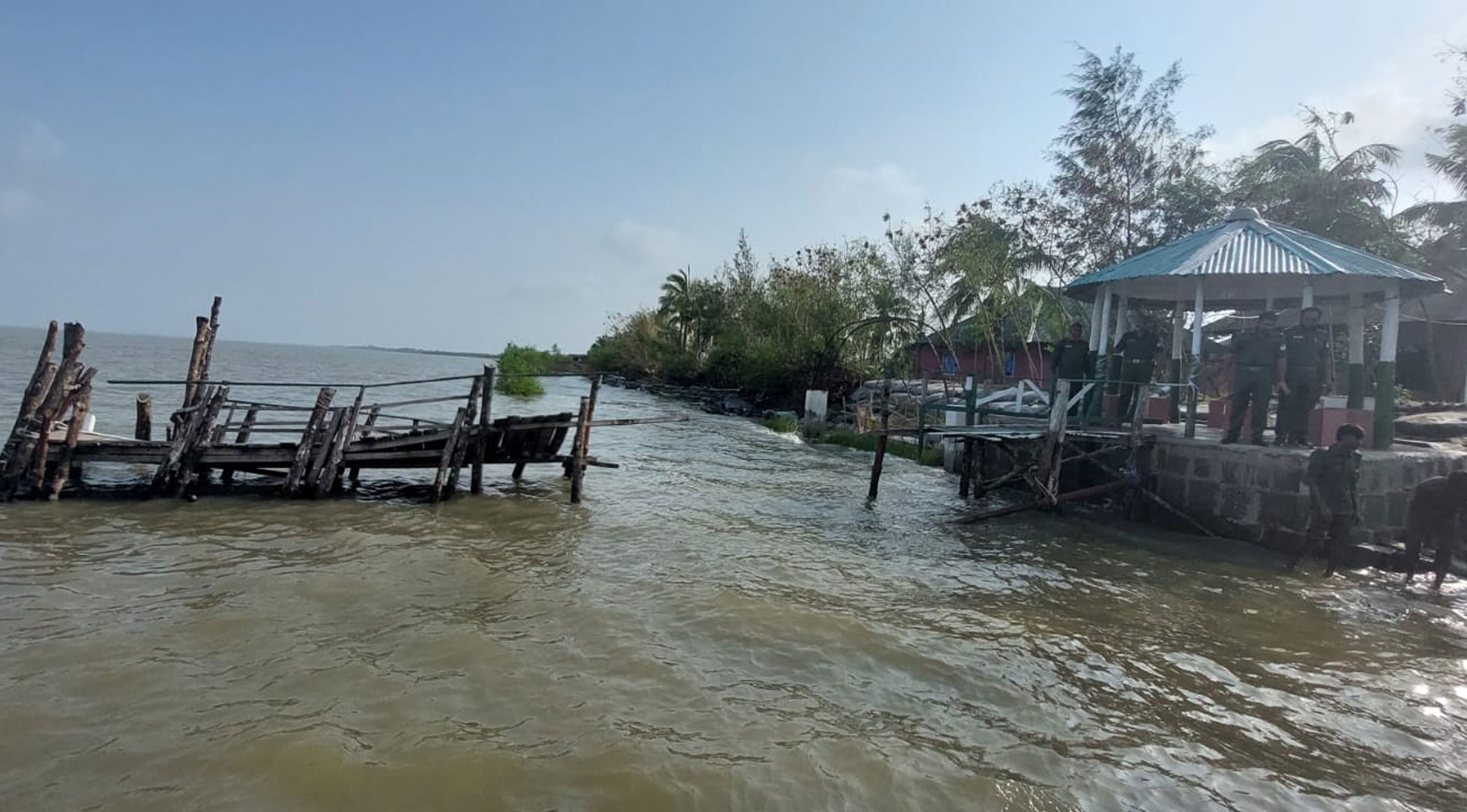
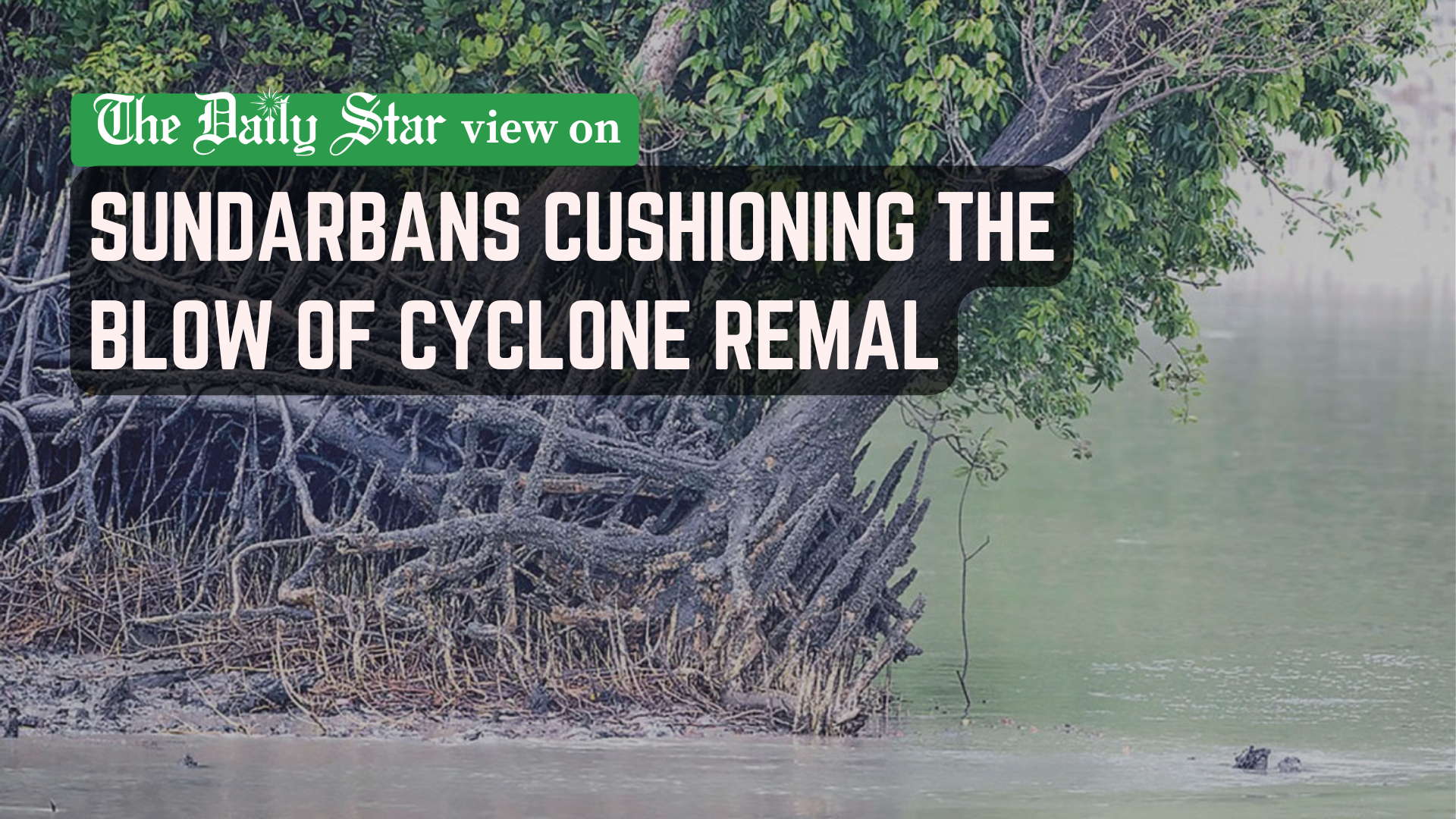
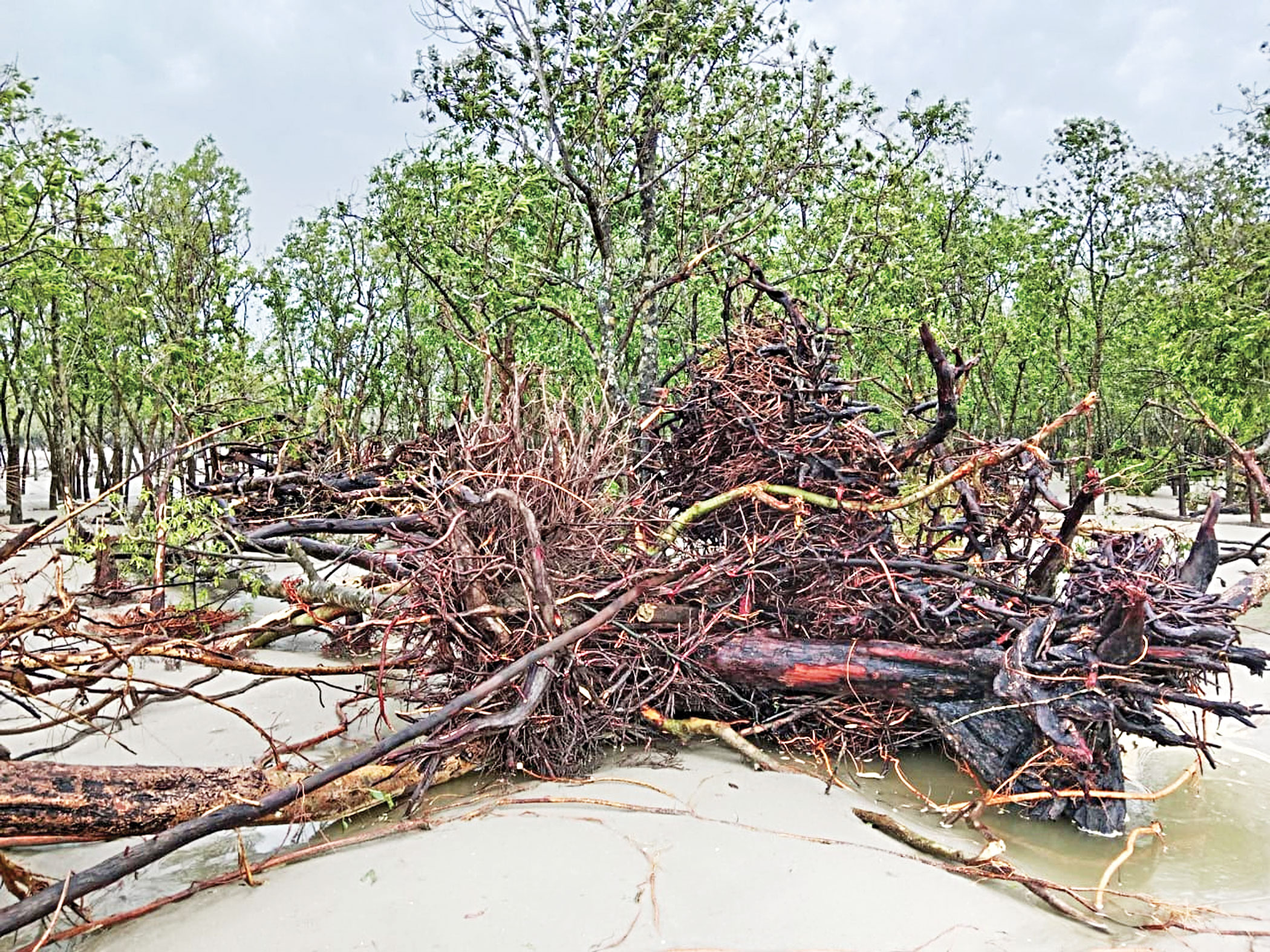
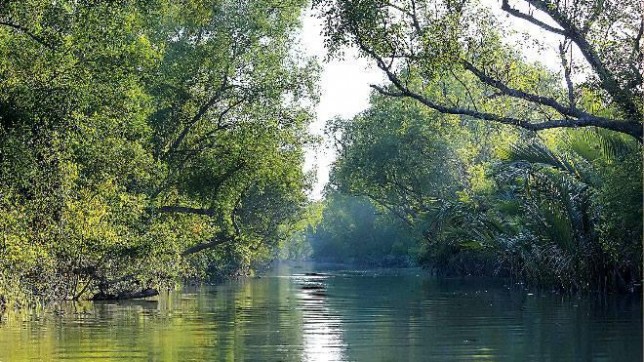
Comments